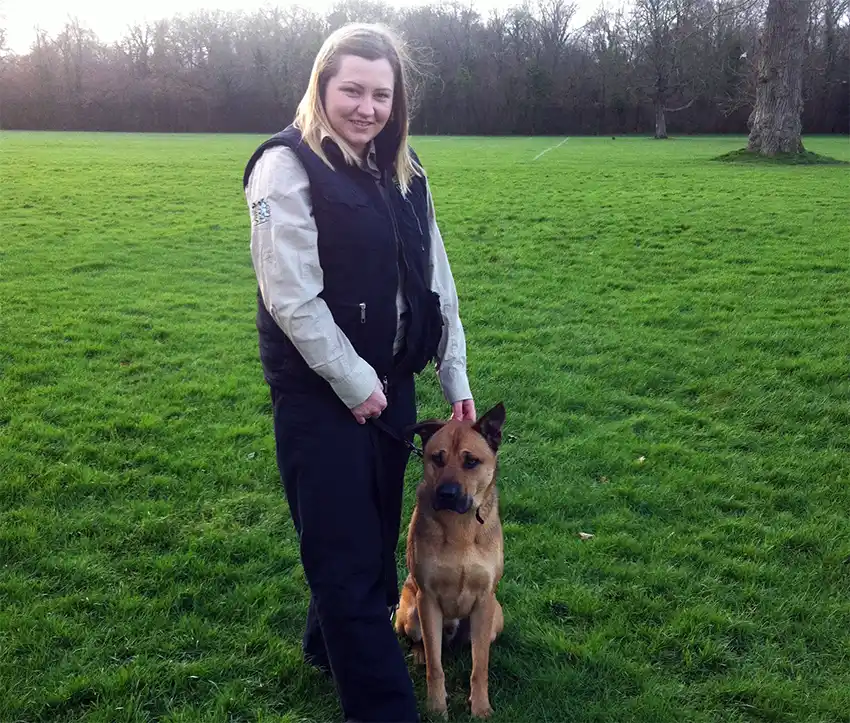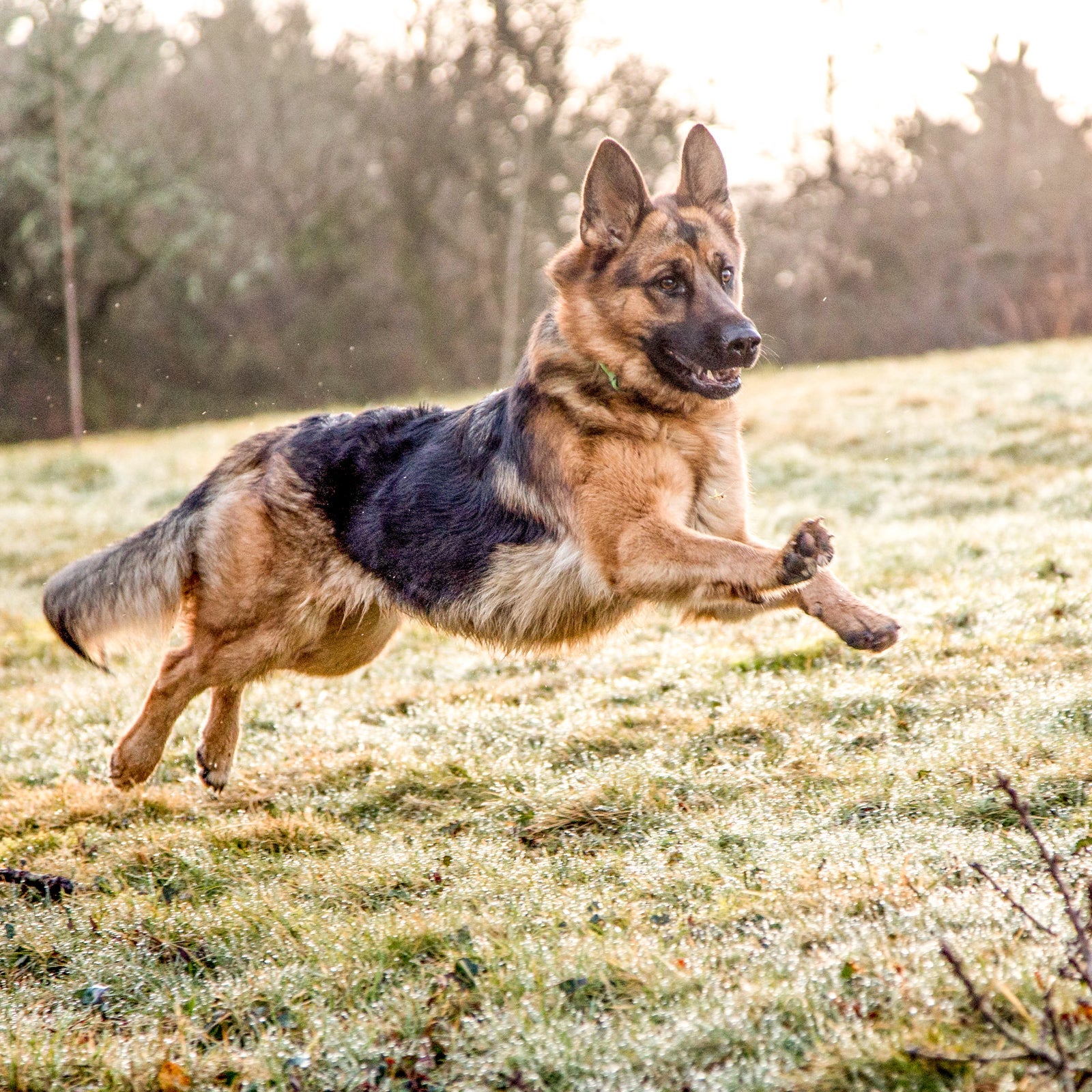How to Incorporate Dog Training into Your Daily Routine
How to Incorporate Dog Training into Your Daily Routine
Blog Article
The Ultimate Guide to Pet Training: Transform Your Family pet's Habits
Efficient canine training is important for fostering a harmonious partnership in between family pets and their owners. The intricacies of canine behavior and the execution of organized training strategies play an essential role in this procedure. By recognizing the principles of favorable reinforcement, uniformity, and socialization, animal proprietors can navigate usual difficulties that arise throughout training. This guide not just aims to equip you with the essential tools to change your canine's behavior however also welcomes you to explore exactly how these foundational ideas can lead to a much deeper link with your animal. What could be the primary step in this transformative journey?
Understanding Canine Habits
Comprehending pet actions is essential for efficient training and an unified partnership in between dogs and their owners. A dog's behavior is influenced by a combination of genetics, atmosphere, and experiences. Dog training. Acknowledging these elements enables owners to tailor their training approaches to meet the private demands of their pets
Canines interact mainly with body language, vocalizations, and faces. A wagging tail can suggest enjoyment or happiness, while a tucked tail might indicate worry or submission. Observing these cues enables proprietors to react properly, reinforcing favorable actions and resolving adverse ones effectively.
Additionally, recognizing the social structure of dogs can give insights into their habits. Dogs are pack pets, and they flourish in an organized atmosphere. Developing clear borders and consistent regulations can avoid complication and promote a complacency.
Furthermore, identifying the natural reactions of canines, such as need to dig or chase after, is crucial. These impulses can be rerouted through suitable electrical outlets, such as play or exercise. By thoroughly recognizing these behavioral elements, proprietors can foster a positive training experience, eventually leading to a loyal and well-adjusted canine companion.
Vital Educating Methods
Reliable pet training depends on a range of crucial techniques that can substantially enhance the knowing procedure for both the pet and the owner. One fundamental method is favorable reinforcement, which entails gratifying preferable habits with deals with, appreciation, or play. This technique motivates pet dogs to duplicate the behaviors that bring about favorable end results, cultivating a relying on partnership in between the pet dog and proprietor.
An additional secret method is consistency in commands and expectations. Using the same verbal signs and hand signals aids the pet recognize what is needed, minimizing complication and promoting quicker knowing. Additionally, developing clear borders and policies is vital for efficient communication.
Socialization is additionally an essential part of training. Revealing pet dogs to different environments, individuals, and various other animals helps them create proper social skills and reduces anxiousness in unknown situations.
Lastly, perseverance and timing are crucial. Training sessions need to be short but constant, making certain that the pet dog remains involved and receptive. By using these necessary methods, proprietors can produce a structured and favorable training experience that promotes excellent habits and reinforces the bond with their canine buddies.
Developing a Training Set Up
Exactly how can a well-structured training timetable enhance a find out this here dog's discovering experience? A training routine supplies uniformity, ensuring that pet dogs receive routine, concentrated instruction. This predictability aids dogs comprehend what is anticipated of them, browse around this site reinforcing their understanding and enabling better retention of commands and behaviors.
When developing a training schedule, it is necessary to consider the canine's age, type, and individual character. Youthful pups may benefit from much shorter, more regular sessions, while grown-up dogs might thrive with longer, less regular training durations. Incorporating a selection of activities can likewise maintain the sessions engaging, stopping dullness and promoting interest for understanding.
Additionally, scheduling training sessions at particular times of the day can aid strengthen a routine. For instance, combining training with daily strolls or play can develop a positive association with understanding. It is likewise vital to consist of time for reinforcement, such as deals with or praise, to award desired habits without delay.
Lastly, versatility is vital. While uniformity is vital, being adaptable to the pet's mood or energy degree can boost their understanding experience. A well-crafted training schedule ultimately lays the structure for effective communication and a more powerful bond in between the pet and proprietor.
Usual Training Challenges
Despite having a well-structured training timetable, pet owners commonly come across various difficulties throughout the training process. One typical issue is variance in commands and signs. When multiple member of the family utilize various terms or tones, a canine may come to be baffled, hindering its capacity to discover effectively.
An additional regular challenge is disturbance. Dog training. Pet dogs are naturally interested creatures, and exterior stimuli such as various other animals, sounds, or people can divert their focus during training sessions. This calls for owners to develop a controlled setting or gradually present interruptions to enhance focus
In addition, varying power levels can affect training outcomes. High-energy pet dogs might have a hard time to settle and concentrate, while extra laid-back types might need added motivation to involve. Tailoring the training technique to fit the individual pet dog's personality is vital for success.

Building a Strong Bond
A strong bond between a dog and its owner is vital for successful training and general wellness. Dog training. This relationship cultivates trust, which is essential for effective communication during the training process. When a dog feels connected and secure to its proprietor, it is extra most likely to react favorably to hints and commands
To develop this bond, consistency is essential. Establishing a routine that consists of normal feeding, workout, and training sessions assists produce a sense of security. In addition, favorable reinforcement techniques, such as treats, appreciation, and play, enhance preferred habits while strengthening the emotional link.
Socialization is another vital facet of bond-building. Revealing your pet dog to different environments, individuals, and other animals aids them feel much more positive and comfortable, boosting the bond with their owner. Engaging in tasks together, such as strolling, playing bring, or joining obedience training, promotes synergy and shared enjoyment.
Verdict

Comprehending canine actions is essential for efficient training and an unified partnership between canines and their proprietors.Reliable dog training relies on a range of crucial techniques that can substantially boost the learning process for both the proprietor and the pet.Despite having a well-structured training routine, pet dog proprietors usually experience different difficulties throughout the training procedure.In conclusion, effective dog training depends on a detailed understanding of canine habits, the application of crucial strategies, and the establishment of an organized training timetable. By stressing positive reinforcement and consistency, dog owners can substantially improve their family pets' actions, inevitably ensuring a harmonious relationship and advertising the health of both the dog and its environment.
Report this page